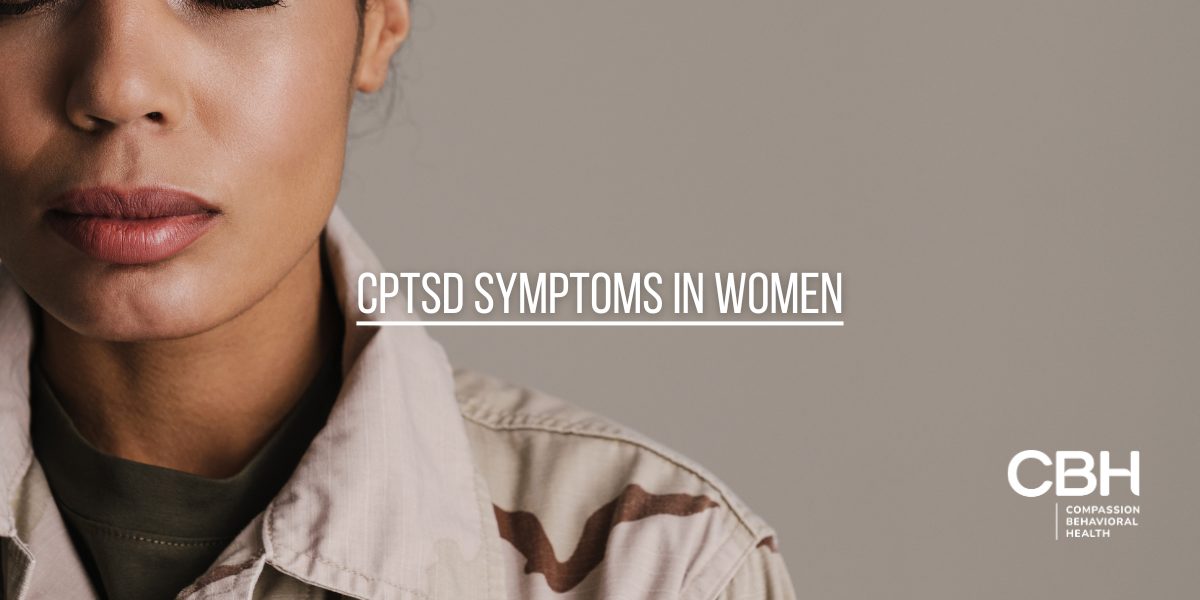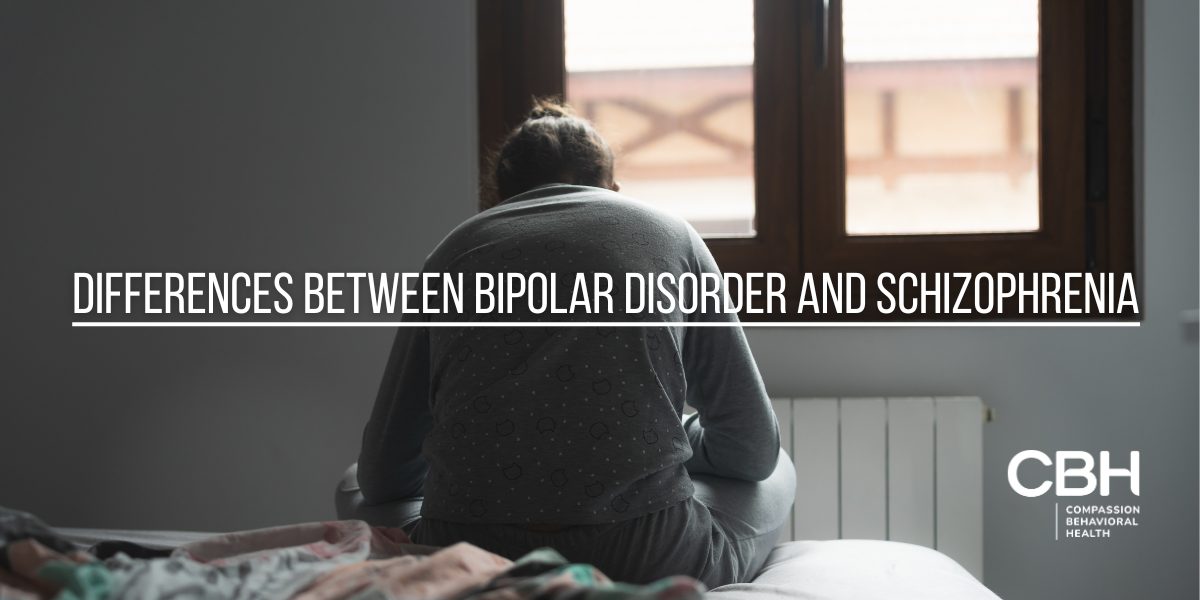The LGBTQIA+ community faces unique and significant challenges when it comes to mental health. Discrimination, stigma, and social isolation are just a few of the many contributing factors to the high rates of mental health disorders within the community. This article aims to shed light on these issues and offer support and possible solutions to those who may be struggling.
The Unique Mental Health Challenges Faced by LGBTQIA+ Individuals
Discrimination and Stigma
Discrimination and stigma are unfortunately still pervasive issues faced by many LGBTQIA+ individuals. The consequences of stigma can be severe and far-reaching, often resulting in feelings of shame, guilt, and low self-esteem, which can, in turn, contribute to the development of mental health disorders.
Moreover, individuals who have experienced discrimination and stigmatization in broader society may face additional discrimination and stigma within the healthcare system; many LGBTQIA+ individuals may feel that their concerns are not taken seriously or that they are not treated with the same level of respect and dignity as their non-LGBTQIA+ counterparts. The impact of such experiences on mental health cannot be underestimated.
Family Rejection and Social Isolation
Many LGBTQIA+ individuals may face rejection, mistreatment, and even abandonment from their families and loved ones, leading to feelings of loneliness, isolation, and reduced self-worth. Often, LGBTQIA+ individuals find themselves in a position where they are forced to hide their true selves to feel accepted by family members and friends, which leads to internal conflicts and emotional distress. Additionally, the social isolation that often results from family rejection can make it challenging for LGBTQIA+ individuals to build supportive relationships and find a sense of belonging in the broader community.
Internalized Homophobia and Transphobia
Internalized homophobia and transphobia occurs when individuals within the LGBTQIA+ community adopt negative attitudes and beliefs about themselves, their identities, and their experiences due to the societal norms that perpetuate stigmatization. These attitudes and beliefs often lead to feelings of self-hatred, depression, and anxiety. Internalized homophobia and transphobia can be challenging to combat, as they often stem from years of conditioning by society. However, acknowledging and recognizing these feelings is a useful first step towards achieving self-acceptance and self-love.
Minority Stress Theory
One of the most significant contributors to the prevalence of mental health disorders within the LGBTQIA+ community is minority stress theory. This theory posits that the social stressors faced by marginalized individuals due to their minority status lead to chronic levels of stress that can have severe effects on mental health. LGBTQIA+ individuals may experience minority stress in different forms, including physical violence, overt discrimination, and exclusion, all of which can have lasting effects on mental health. Notably, it is essential to recognize that not all individuals within the LGBTQIA+ community will experience minority stress identically, and as such, mental health considerations should be tailored to an individual’s experiences.
Mental Health Disparities Within the LGBTQIA+ Community
Depression and Anxiety
Depression and anxiety are prevalent within the LGBTQIA+ community. Studies have indicated that members of the community are at an elevated risk of experiencing depression and anxiety disorders, with transgender individuals found to be at the highest risk. Discrimination, stigma, social isolation, and other stressors often contribute to the development of depression and anxiety. Additionally, LGBTQIA+ individuals may face challenges in accessing mental healthcare services due to a lack of understanding and resources for their specific needs.
Substance Abuse and Addiction
Substance abuse and addiction are prevalent in the LGBTQIA+ community, with members of the community being disproportionately affected by addiction compared to the general population. Mental health disorders, such as depression and anxiety, can further increase the likelihood of substance abuse, and in turn, substance abuse can worsen mental health conditions. Addressing substance abuse in the LGBTQIA+ community necessitates access to culturally competent healthcare services that are sensitive to the unique experiences and needs of members of the community.
Eating Disorders
Eating disorders are also highly prevalent in the LGBTQIA+ community, particularly among those who belong to marginalized gender and sexual orientations. Studies have shown that LGBTQIA+ individuals are at elevated risk of developing eating disorders. Factors such as body dissatisfaction and the pressure to conform to traditional gender norms may contribute to this risk. Eating disorders, when left untreated, can have life-threatening consequences.
Suicide and Self-Harm
The rates of suicide and self-harm are notably higher within the LGBTQIA+ community compared to the general population. These behaviors often result from experiences of discrimination, stigma, social isolation, and a lack of support from family and loved ones. Many individuals within the community feel that they have nowhere to turn and struggle to access mental healthcare services that would help them manage these feelings. Supporting the well-being of LGBTQIA+ individuals requires addressing the systemic issues that contribute to their health disparities.
The Importance of Inclusive and Affirming Mental Health Care
Barriers to Accessing Mental Health Services
LGBTQIA+ individuals face various barriers when attempting to access mental health services. For example, many individuals may struggle to find therapists that are sensitive to their unique experiences and needs. Additionally, factors such as transportation, insurance coverage, and cost can all impact an individual’s ability to access appropriate mental healthcare services. These barriers can be especially challenging for members of marginalized gender and sexual orientations, who may face multiple forms of discrimination and stigma.
The Role of LGBTQIA+-Friendly Therapists
Having access to a therapist who understands and respects an individual’s unique experiences can be immensely helpful when it comes to managing mental health disorders. Therapists who are trained in culturally competent care can provide a supportive environment where LGBTQIA+ individuals can feel safe and validated as they work through their challenges. Being an LGBTQIA+ ally involves more than being supportive; it requires therapists to be knowledgeable about the community’s unique health disparities and how to address them in their practice.
Support Groups and Community Resources
Support groups and community resources are an essential aspect of mental health care for individuals within the LGBTQIA+ community. These resources can provide a sense of belonging, reduce social isolation, and offer emotional support for those who may be struggling with their mental health. Support groups can range from online forums to in-person meetings and can be incredibly helpful for individuals who may feel alone or disconnected from their community.
Incorporating Intersectionality in Mental Health Care
It is essential to recognize that individuals within the LGBTQIA+ community have unique health experiences and needs that are shaped by multiple factors, such as their race, ethnicity, socioeconomic status, and disability status. As such, mental healthcare practitioners should consider intersectionality in their approach to care, recognizing the varied and sometimes competing needs of their clients. This approach involves understanding and addressing the structural barriers that marginalized communities face in accessing healthcare and providing personalized, culturally competent care that attends to the specific needs of individuals.
Mental Health Treatment In South Florida
The intersection of LGBTQIA+ individuals and mental health is marked by unique challenges that require tailored solutions. It’s essential to recognize that individuals within the LGBTQIA+ community have unique experiences and that mental healthcare should attend to their specific needs.
At Compassion Behavioral Health, our team provides evidence-based dual-diagnosis treatment to individuals throughout the United States from our beautiful South Florida center. To learn more, reach out to us directly at (844) 612-0444.



